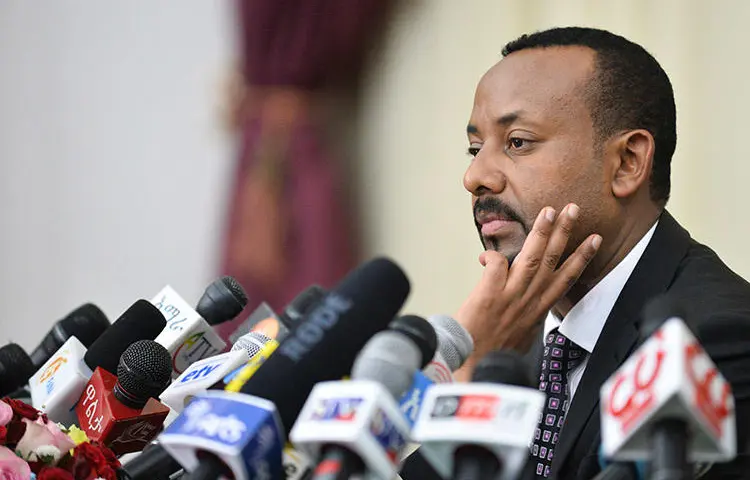
Under Abiy, Ethiopia’s media have more freedom but challenges remain
During a trip to Addis Ababa in January, it was impossible to miss the signs that Ethiopian media are enjoying unprecedented freedom. A flurry of new publications were on the streets. At a public forum that CPJ attended, journalists spoke about positive reforms, but also openly criticized their lack of access to the government. At…

Ethiopian photojournalist shares experiences of going into exile
For World Refugee Day, exiled Ethiopian photojournalist Aziza Mohamed spoke with CPJ Journalist Assistance Program Coordinator Nicole Schilit about her experience of being a refugee and eventually being resettled in the U.S. [This transcript of Aziza’s comments has been edited for length and clarity.]
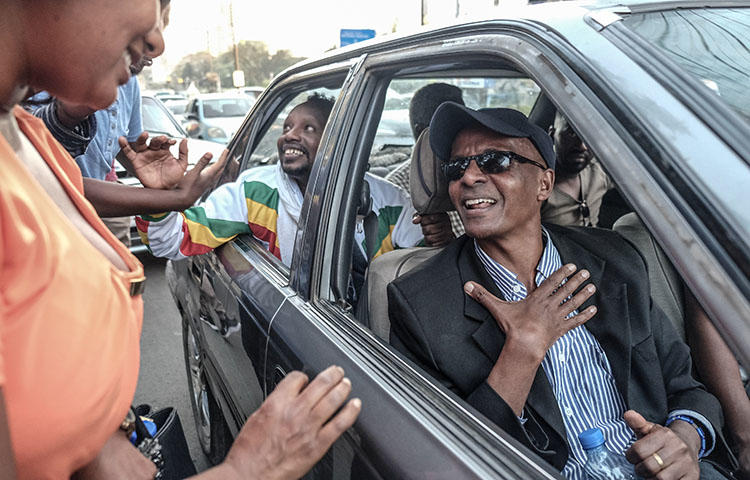
CPJ joins call for Ethiopia’s prime minister-designate to ensure journalists’ immediate release
The Committee to Protect Journalists, along with 40 civil society organizations, yesterday sent a joint letter to Ethiopia’s prime minister-designate, Abiy Ahmed, urging him to ensure the immediate and unconditional release of recently arrested journalists, and human rights defenders.
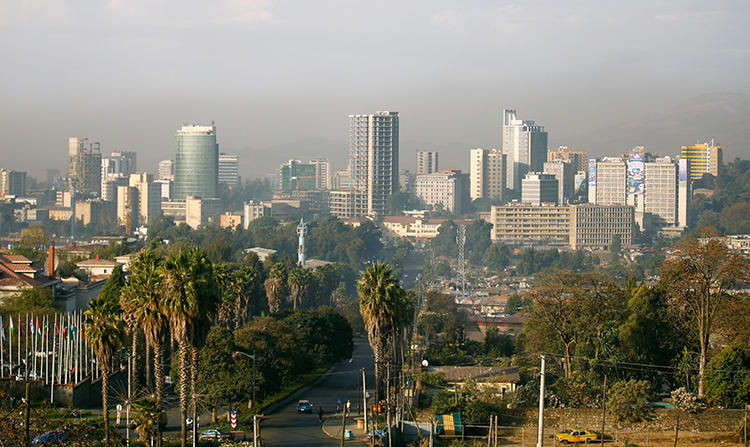
Why release of two journalists in Ethiopia does not signal end to press crackdown
On January 10, radio journalists Darsema Sori and Khalid Mohammed were released from prison after serving lengthy sentences related to their work at the Ethiopian faith-based station Radio Bilal. Despite their release and Prime Minister Hailemariam Desalegn’s promise earlier this month to free political prisoners, Ethiopia’s use of imprisonment, harassment, and surveillance means that the…
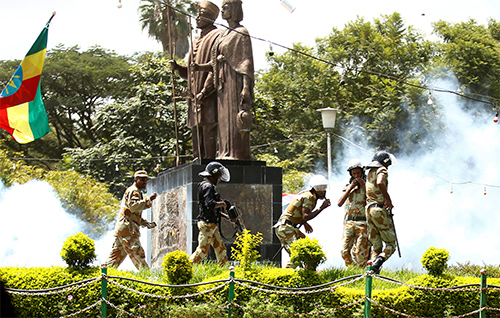
Ethiopia’s state of emergency cuts lines of communication and puts bloggers at risk of arrest
On October 4, I heard that my friend Natnael Feleke had not returned home even though it was approaching midnight in Ethiopia. Family and friends were discussing where to search for the blogger, who had only been released 11 months earlier from the notorious Kilinto prison, where he was held for 16 months over his…

‘They wanted me to say I was wrong’: Freed Ethiopian journalist on why 1,500 days in jail failed to silence her
Reeyot Alemu, an Ethiopian journalist who worked for the independent weekly Feteh, spent almost 1,500 days in prison after being arrested in June 2011 and charged with terrorism in 2012. She was released unexpectedly in July.

In Ethiopia, drawn out Zone 9 trial serves to further punish bloggers
On Friday the Zone 9 bloggers are due to appear in court in Ethiopia for the 39th time since their arrest in April 2014. Endalk Chala, a co-founder of the group which is being honored with an International Press Freedom Award from CPJ this year, provides an overview of the drawn out trial and finds…
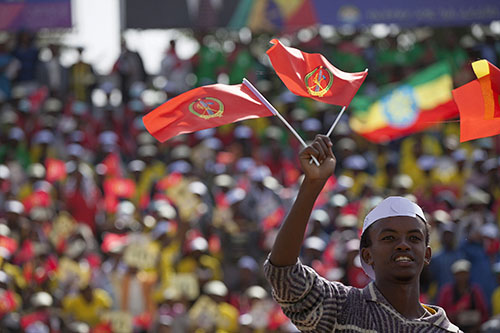
With limited independent press, Ethiopians left voting in the dark
On Sunday Ethiopians go to the polls in the country’s fifth general election since the ruling Ethiopian People’s Revolutionary Democratic Front came to power more than 20 years ago. Citizens are expected to choose the right party to lead them for the next five years. To do so, they need to have a clear understanding…
One year after arrest Zone 9 bloggers remain imprisoned as trial drags on
It will be one year this weekend since six bloggers were arrested in Addis Ababa, just days after the group announced on Facebook that their Zone 9 blog would resume publishing after seven months of inactivity. As the anniversary of the arrests approaches on Saturday, Soleyana S. Gebremichale, one of the Zone 9 founders who…

Mission Journal: Ethiopian journalists must choose between being locked up or locked out
A sharp increase in the number of Ethiopian journalists fleeing into exile has been recorded by the Committee to Protect Journalists in the past 12 months. More than 30–twice the number of exiles CPJ documented in 2012 and 2013 combined–were forced to leave after the government began a campaign of arrests. In October, Nicole Schilit…